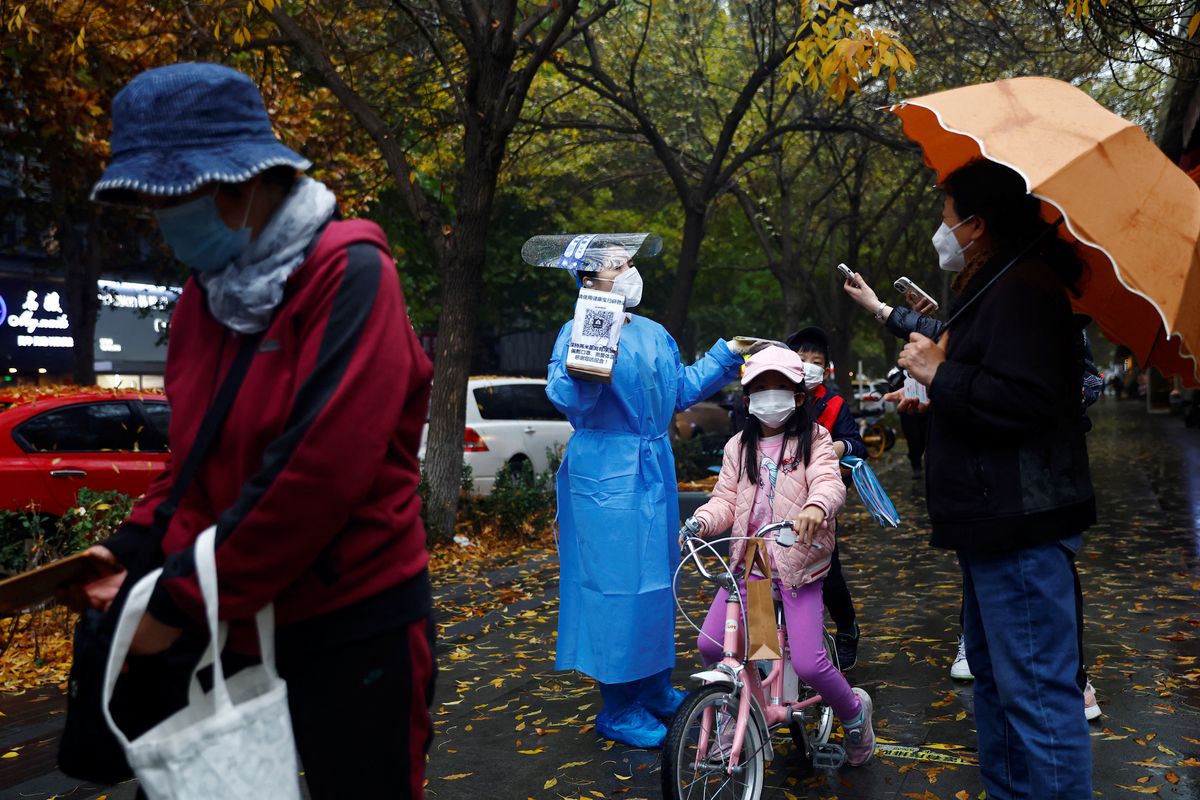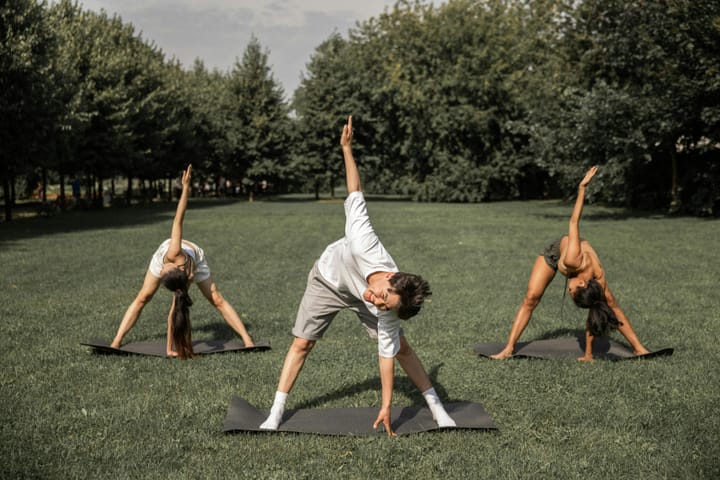Is China on the way to easing its zero-COVID stance?
December 1 marked the official third anniversary of the first recorded COVID case in Wuhan, China.

A few minutes every morning is all you need.
Stay up to date on the world's Headlines and Human Stories. It's fun, it's factual, it's fluff-free.
December 1 marked the official third anniversary of the first recorded COVID case in Wuhan, China. Throughout the pandemic, China has been known for its hard-line zero-COVID approach. The controls actually boosted China’s growth rebound back in 2020. But, as stronger variants have developed and spread, zero-COVID led to more lockdowns and restrictions persisting over the last three years. But recent developments suggest that things might be turning a new corner.
On Wednesday, China’s Vice Premier Sun Chunlan told health officials that China is facing a new stage and mission with its pandemic plan. Although she didn’t mention the zero-COVID policy directly, this announcement comes a day after other top health officials said they’d be changing some COVID controls. They also urged local governments to work with citizens’ “reasonable demands.” Now, the government is working to boost vaccination rates among the elderly, and it’s begun allowing COVID patients to quarantine at home rather than in official facilities. Some areas are also replacing sweeping lockdowns with more targeted restrictions to lessen the impact on daily life.
Key comments:
“As the omicron variant becomes less pathogenic, more people get vaccinated and our experience in Covid prevention accumulates, our fight against the pandemic is at a new stage and it comes with new tasks,” outgoing Vice Premier Sun Chunlan said at a meeting with the National Health Commission and health experts in Beijing,” said Sun Chunlan on Wednesday.
“We believe Sun’s speech, in addition to the notable easing of COVID control measures in Guangzhou yesterday, sends yet another strong signal that the zero-COVID policy will end within the next few months,” Nomura’s Chief China Economist Ting Lu and team said in a report.
“If you open up and you mess up, then there will be trouble. You have to change the incentive structure of the local governments before any meaningful changes can be introduced,” said Yanzhong Huang, a senior fellow for global health at the Council on Foreign Relations in New York.




Comments ()